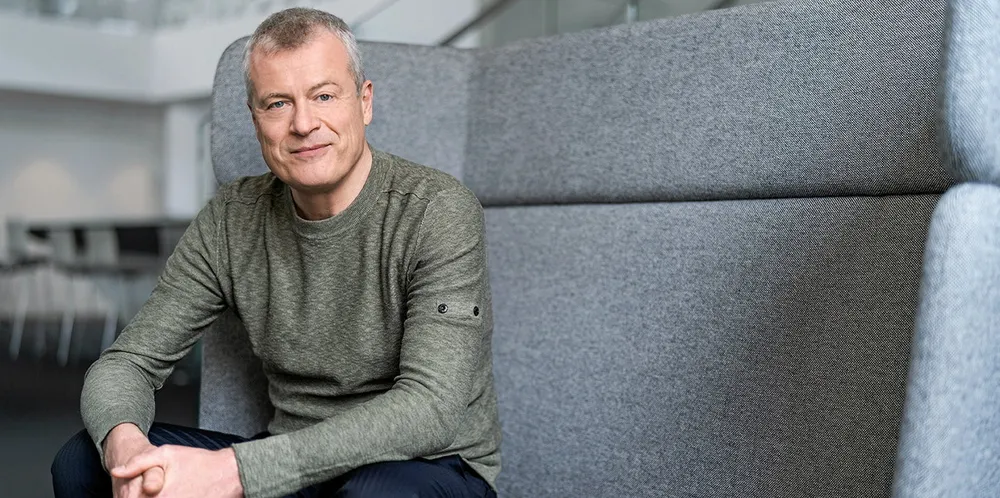Siemens Gamesa CEO: Let's not wait for the next crisis to build the wind industry Europe needs
Sector has vital role in Europe's energy security in wake of Russia's war against Ukraine, writes Jochen Eickholt

Sector has vital role in Europe's energy security in wake of Russia's war against Ukraine, writes Jochen Eickholt
